Small pet birds encompass a diverse group of avian species that are cherished for their compact size, charming personalities, and suitability as household companions. These birds are typically characterized by their diminutive stature, making them well-suited for indoor living arrangements. While the specific species considered small pet birds can vary, some common examples include budgerigars (budgies), canaries, cockatiels, lovebirds, and various finch species. Today we will discuss having them as pets and all their requirements.
Popular Small Birds for Pets
Small birds for pets can be a tricky choice as there are many various species to choose from. The 5 most popular species are:
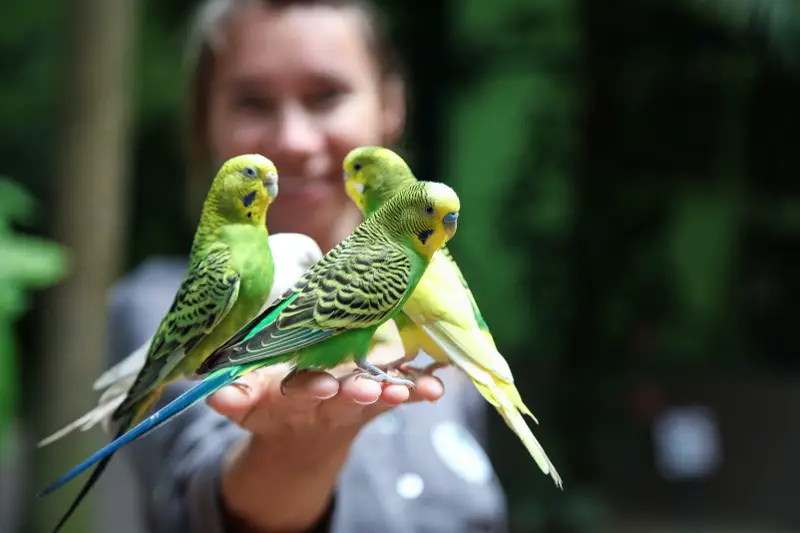
Budgerigars
Budgerigars (Budgies) are known for their petite size, vibrant plumage, and playful personalities. They are ideal for first-time bird owners due to their relatively simple care requirements and ability to mimic sounds.
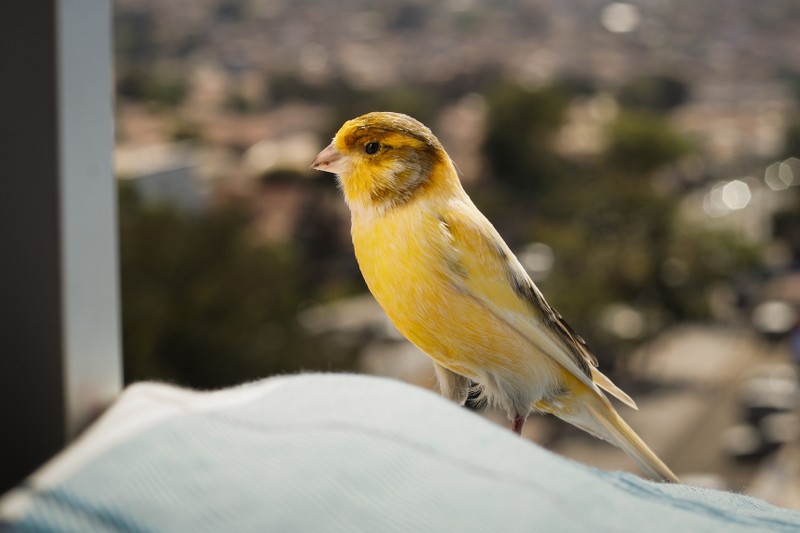
Canaries
Canaries are celebrated for their melodious songs, coming in various color variations. They provide auditory pleasure but are less interactive with humans compared to other small pet birds.
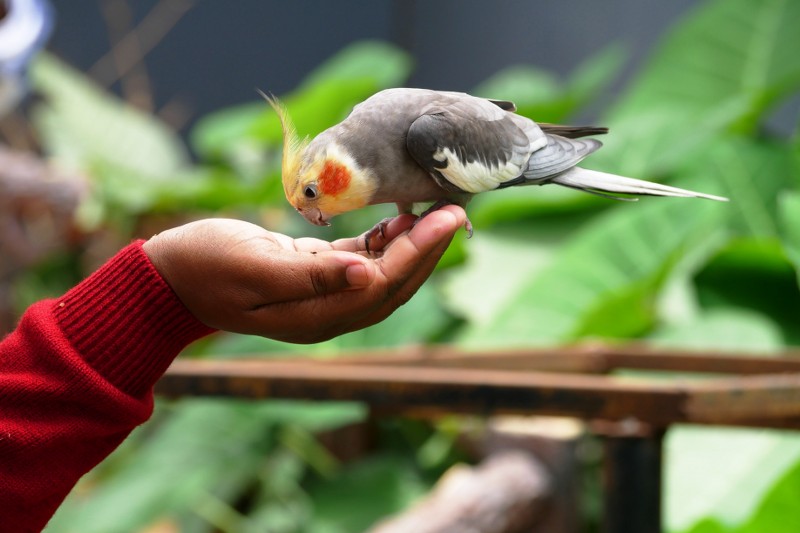
Cockatiels
Cockatiels are beloved for their friendly and affectionate natures, with distinctive crests and whistling abilities. They thrive on human interaction and make great companions, especially for families.
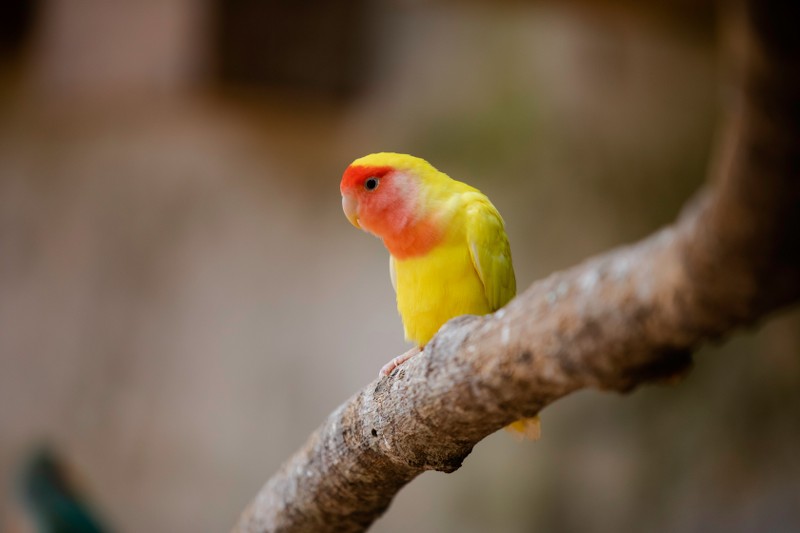
Lovebirds
Lovebirds are named for their strong pair-bonding behaviors. They are affectionate and loving but can be noisy when seeking attention. Lovebirds are highly social and benefit from daily interaction.
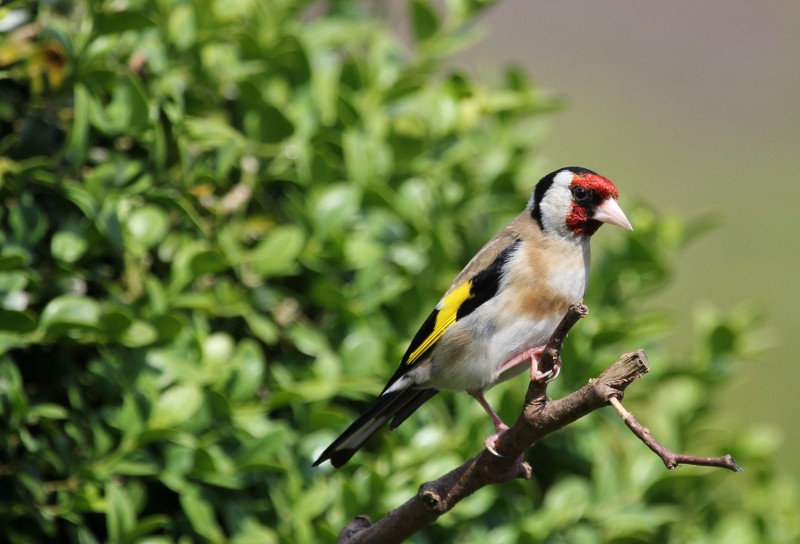
Finch
Finch species are small, colorful birds appreciated for their social nature and pleasant chirping. They are low-maintenance and often kept in pairs or groups, enjoying the company of their own kind.
Benefits of Owning Small Pet Birds
Companionship
Small pet birds are known for forming strong bonds with their human caretakers, providing companionship, and reducing feelings of loneliness.
Low Maintenance
These small pet birds are generally easier to care for compared to larger pets like dogs or cats. Their small size requires less space, and they have simpler dietary and grooming needs.
Entertainment
Small pet birds are often playful and can entertain with their charming antics, including singing, talking, and acrobatics.
Educational Value
Owning small pet birds can be an educational experience for children and adults, teaching responsibility, empathy, and an appreciation for the natural world.
Therapeutic Benefits
Interacting with small pet birds has been shown to reduce stress and promote relaxation, making them excellent therapy animals for some individuals.
Aesthetic Appeal
Their vibrant plumage and melodious songs can enhance the ambiance of a home, creating a pleasant and calming atmosphere.
Longevity
Many small pet bird species have relatively long lifespans, allowing for lasting and meaningful relationships with their owners.
Variety
There is a wide variety of small pet bird species to choose from, each with its unique characteristics and charm, allowing prospective owners to find the perfect match for their lifestyle and preferences.
Considerations for Choosing the Best Small Birds for Pets
Size and Space Requirements
When selecting a small pet bird, it’s crucial to consider the available space in your home and the cage requirements. Budgies, canaries, and finches are smaller and require less room compared to larger cages needed for cockatiels and lovebirds. Ensure that the cage size allows for the bird’s wingspan and provides ample space for them to move around comfortably.
Noise Level
The noise level of your chosen bird species should align with your living situation and personal tolerance. Budgies and canaries are generally quieter, with pleasant singing that many people find soothing. Cockatiels are known for their chirping, and lovebirds can emit piercing shrieks when agitated or seeking attention. Be sure to choose a bird whose vocalizations fit your household environment.
Lifespan and Commitment
Owning a pet bird is a long-term commitment. Budgies and canaries have lifespans of 5 to 10 years, while cockatiels and lovebirds can live 15 to 20 years or more with proper care. Ensure that you are prepared for the responsibility of caring for your bird throughout its lifetime, including providing a safe and loving environment, regular veterinary care, and mental stimulation.
Social Needs
The social needs of your chosen bird species should match your lifestyle and availability for interaction. Some small pet birds, like lovebirds and cockatiels, are highly social and require daily companionship and mental stimulation. They enjoy being handled and forming strong bonds with their owners. In contrast, finches are more content with the company of their own kind and may not seek as much human interaction.
The best small birds for pets for you depend on what you want in your tiny feather friend. Therefore, it is important to consider the distinguishing characteristics before choosing to get one.
Creating a Suitable Habitat for Small Bird Pets
- Bird Cages: Select an appropriately sized cage for your small pet bird. The cage should allow for easy movement, with horizontal bars for climbing. Ensure that the bar spacing is narrow enough to prevent escapes or injuries. Consider the specific needs of your bird species; for example, budgies and cockatiels require larger cages than canaries. Regularly clean the cage to maintain a healthy environment. Here’s a guideline on small bird cage sizes.
- Cage Accessories: Furnish the cage with essential accessories. Provide perches of varying sizes and materials to promote foot health. Include food and water dishes that are easily accessible but not prone to tipping. Offer toys and mental stimulation devices to prevent boredom and encourage natural behaviors like foraging. Change the cage layout occasionally to keep your bird engaged.
Bird-Proofing Your Home for Small Bird Pets
- Safety Hazards: Bird-proof your home by identifying and eliminating potential hazards. Cover windows and mirrors to prevent collisions. Keep electrical cords out of reach to avoid chewing. Secure heavy or unstable objects that might fall and injure your small bird pet. Ensure that doors and windows are closed when your bird is out of its cage to prevent escapes.
- Toxic Plants and Foods: Remove toxic plants from your home, as many common houseplants can be harmful to birds if ingested. Be cautious about using non-stick cookware, as the fumes emitted when overheated can be toxic to your small bird pet. Keep human foods like chocolate, caffeine, and avocados out of reach, as they can be deadly to small birds pets.
Providing Proper Lighting and Temperature
Ensure your small pet bird’s cage is placed in an area with adequate natural light, but avoid direct sunlight, which can overheat the cage. Provide a temperature range suitable for your bird’s species, typically between 65°F and 80°F (18°C to 27°C). Avoid drafty areas, as sudden temperature fluctuations can stress birds. Use a thermometer to monitor the environment and adjust heating or cooling as needed.
Preparing your home for small pet birds involves creating a safe and stimulating habitat within the cage, identifying and eliminating potential dangers in your living space, and maintaining appropriate lighting and temperature conditions to ensure the well-being and comfort of your feathered friend.
Feeding and Nutrition for Small Birds as Pets
Small birds as pets can be a little sensitive to handle. Hence it is essential to be wary about their nutrition and health.
Bird Diet Basics
Seeds vs. Pellets
The foundation of a small pet bird’s diet is a critical consideration. While many birds are traditionally fed a seed-based diet, it’s important to note that some species, such as budgies and cockatiels, benefit from a balanced pellet-based diet. Pellets provide essential nutrients in a more consistent manner than seeds, which can be high in fat. Transitioning to pellets may require patience, as some birds are initially resistant, but it’s a healthier choice in the long run. Heres a bird nutrition guide.
Fresh Fruits and Vegetables
Incorporate fresh fruits and vegetables into your bird’s diet to provide a variety of essential vitamins and minerals. Offer items like apples, carrots, leafy greens, and bell peppers. Ensure that these foods are washed thoroughly and free from pesticides. Remember that some fruits, like avocados, are toxic to birds and should be avoided.
Water and Hydration
Access to clean and fresh water is vital for your small pet bird’s health. Provide water in a clean dish that is changed daily to prevent contamination. Some birds also enjoy bathing, which helps maintain feather conditions. Offer a shallow dish of water for your bird to splash around in or use a spray bottle to mist them gently.
Treats and Supplements
While treats can be a fun addition to your bird’s diet, they should be given in moderation. Avoid sugary or fatty treats and opt for healthier options like small pieces of unsalted nuts, seeds, or dried fruits. Calcium and mineral blocks can help supplement your bird’s diet and support beak health. Consult with a veterinarian to determine if additional supplements are necessary based on your bird’s specific needs.
Balanced nutrition is essential to keep your small pet bird healthy and happy. Consider your bird’s species and dietary preferences when choosing between seeds and pellets, and supplement their diet with fresh fruits and vegetables. Always provide access to clean water, and use treats and supplements sparingly to ensure a well-rounded and nutritious diet. Regular check-ups with an avian veterinarian can help you tailor your bird’s diet to their individual needs.
Bonding with Your Bird
Taming and Training
Building a strong bond with your small pet bird begins with taming and training. Spend time near your bird’s cage, talking to them softly and offering treats through the bars. Gradually, with patience and positive reinforcement, your bird will become more comfortable with your presence. Basic training commands, like step-up or recall, can also be introduced to enhance the bond and stimulate their mental faculties.
Handling and Touch
Gentle handling and touch are crucial for fostering trust. Start with short sessions of hands-on interaction, using slow movements and soft touches. Offer your finger as a perch and allow your bird to step onto your hand voluntarily. Over time, your bird will become more accustomed to handling and may even enjoy cuddling or petting.
Playtime and Enrichment
Toys and Activities
Keep your small pet bird mentally and physically stimulated with a variety of toys and activities. Birds have a natural instinct to chew, so provide safe and bird-friendly chew toys. Interactive toys like puzzle feeders encourage problem-solving and engagement. Rotate toys regularly to prevent boredom and provide novelty.
Social Interaction
Small pet birds thrive on social interaction. Spend quality time with your bird outside of their cage, allowing them to explore in a safe and supervised environment. Engage in interactive play, such as peek-a-boo or games of fetch. Birds are also highly receptive to music, and playing soothing tunes can create a positive atmosphere.
Building a strong bond with your small pet bird involves patience, trust-building, and positive reinforcement. Taming, training, and gentle handling are essential aspects of the process. Additionally, enrich your bird’s life with a variety of toys and social interactions to ensure they lead a happy and fulfilled life as part of your family.
Common Health Issues
Small pet birds, like all animals, can face various health concerns. Common issues include respiratory infections, feather problems (like feather-picking), obesity due to improper diet, and overgrown beaks or nails. Birds are also susceptible to parasites, mites, and bacterial infections. Awareness of these issues is essential for proactive care.
Signs of Illness
Recognizing signs of illness in small pet birds is crucial. Watch for symptoms such as changes in appetite, abnormal droppings, fluffed-up feathers, sneezing, labored breathing, or lethargy. Behavioral changes, like decreased activity or social withdrawal, can also indicate a problem.
Regular Veterinary Checkups
Regular veterinary checkups are essential for maintaining your bird’s health. Annual visits to an avian veterinarian can help detect and prevent health issues. These professionals can provide dietary advice, recommend parasite control measures, and administer vaccinations as necessary. Routine checkups are crucial to ensuring your bird’s long-term well-being.
Grooming and Hygiene
Grooming and hygiene practices are essential aspects of bird care. Some birds, like cockatiels, may require occasional nail trimming to prevent overgrowth. Bathing or misting your bird can help maintain feather conditions. It’s vital to keep the cage clean, change water daily, and provide a hygienic environment to reduce the risk of infections.
Here’s an important article on How To Treat A Sick Cockatiel At Home.
Conclusion
To conclude, small pet birds can bring immense joy and companionship to our lives. Understanding the diverse species available and their specific needs is essential when choosing the right bird for your lifestyle. Creating a suitable habitat, providing a balanced diet, and offering social interaction and mental stimulation are crucial for their well-being. Vigilance in recognizing signs of illness and regular veterinary care ensure their continued health.
Their vibrant plumage, charming personalities, and unique behaviors add beauty and entertainment to our homes. These feathered friends become part of our families, teaching us responsibility and providing opportunities for connection and learning.
Responsible bird ownership entails commitment, education, and care. Whether you choose a budgie, canary, cockatiel, lovebird, or finch, remember that each bird deserves love and proper care. Their well-being depends on your dedication, so embrace the journey of responsible bird ownership and enjoy the beauty and wonder these small creatures bring into your life. Check out our blog for more!

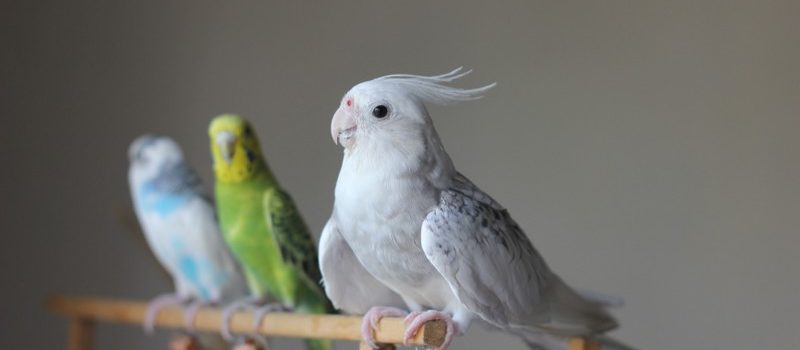


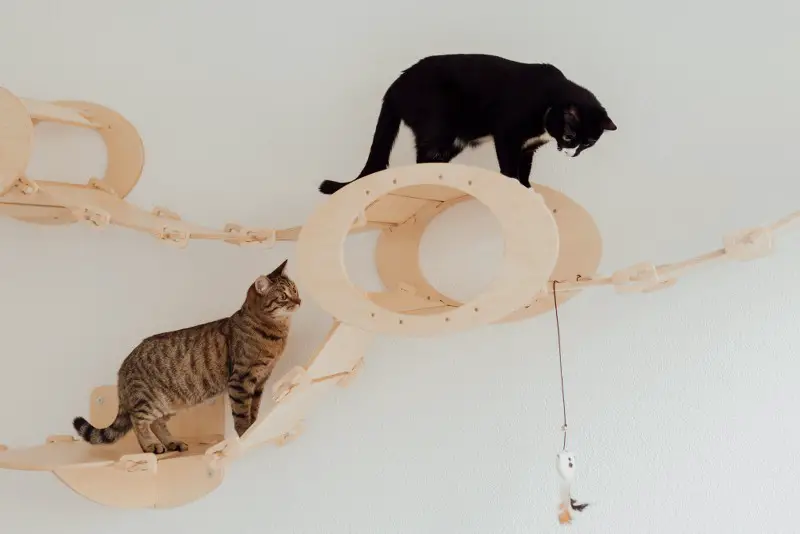
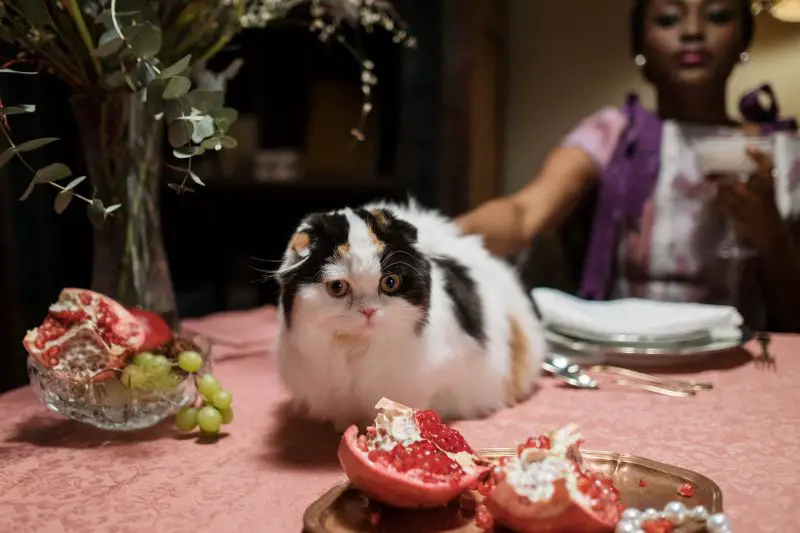
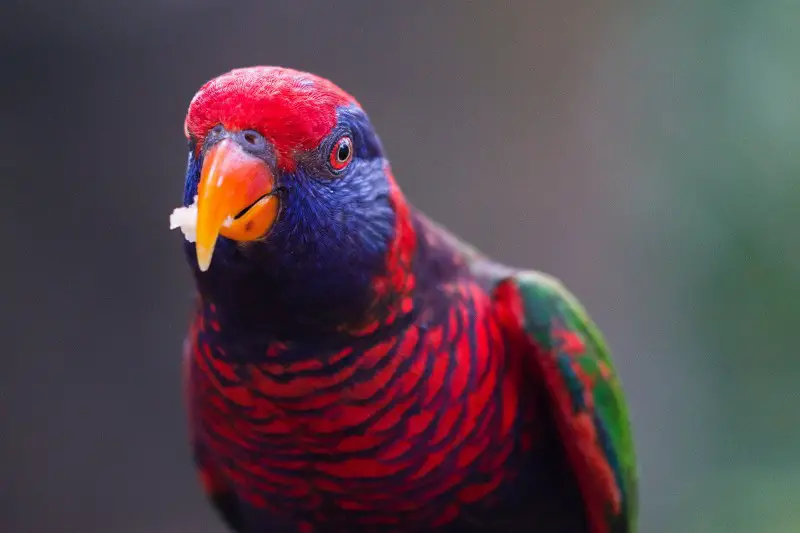

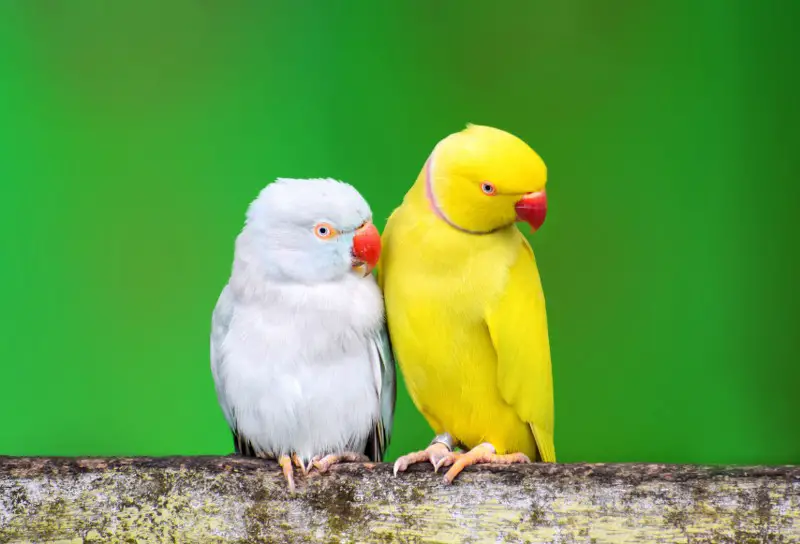
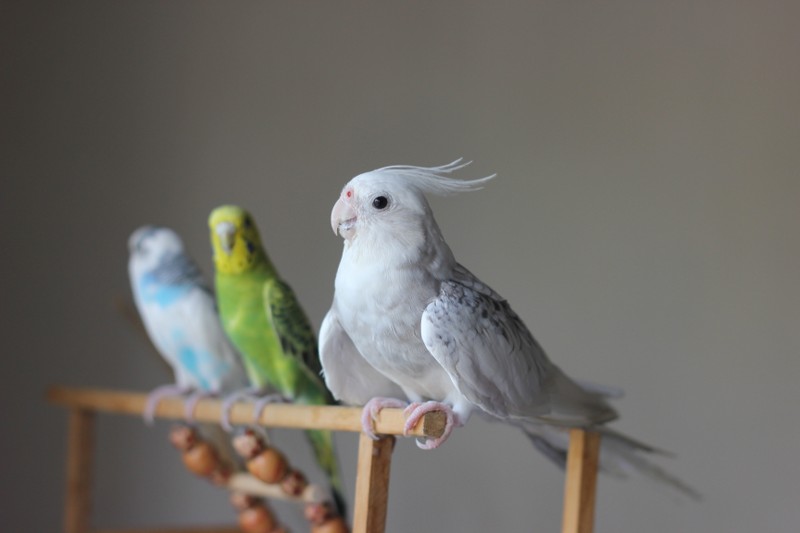
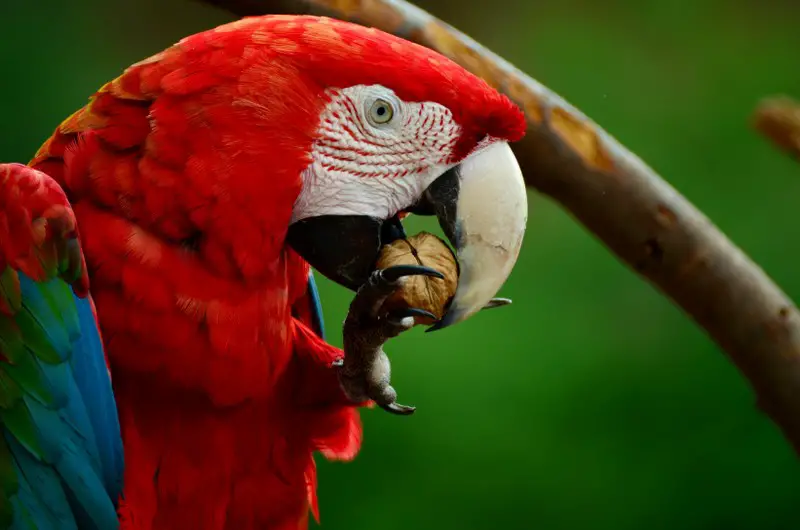

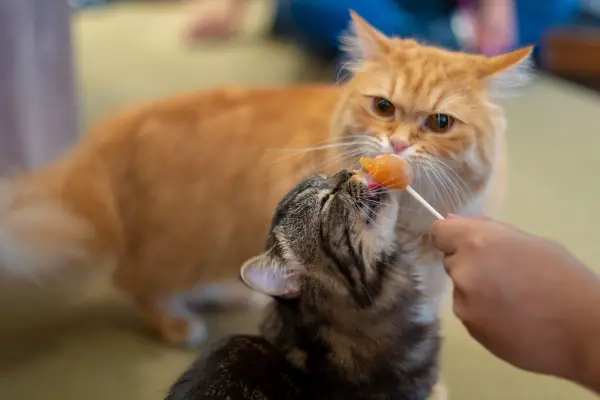
2 Responses